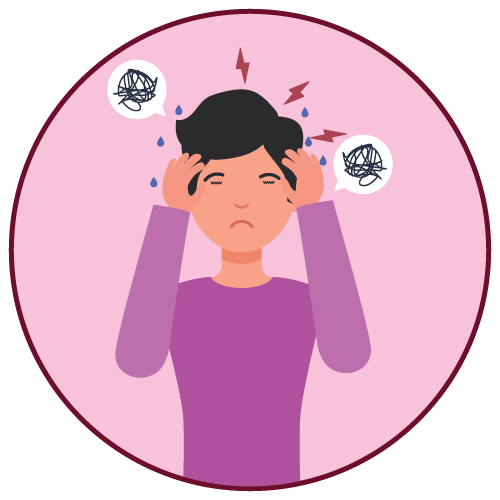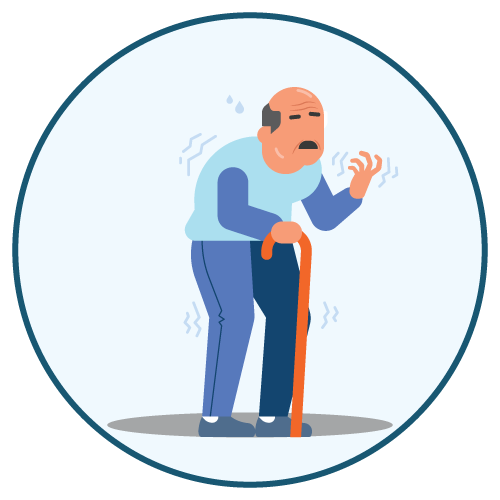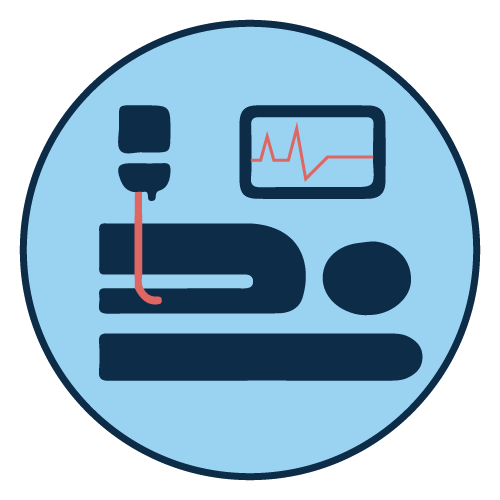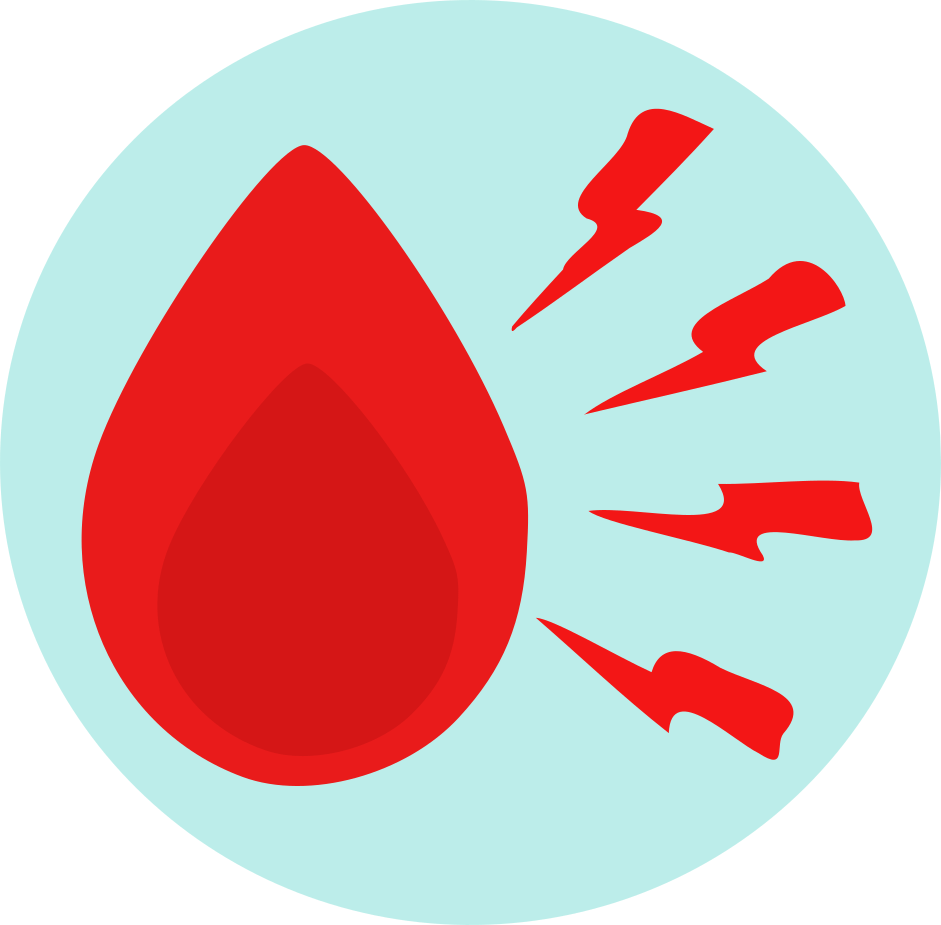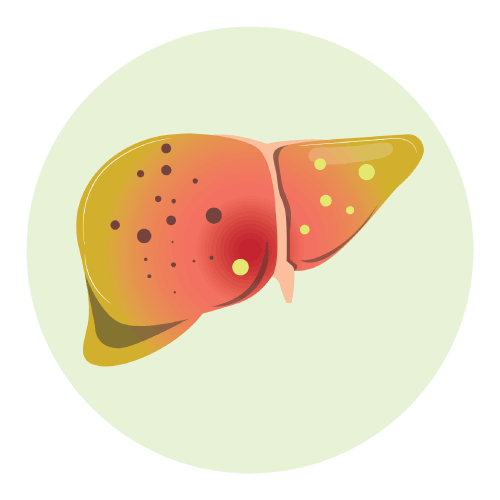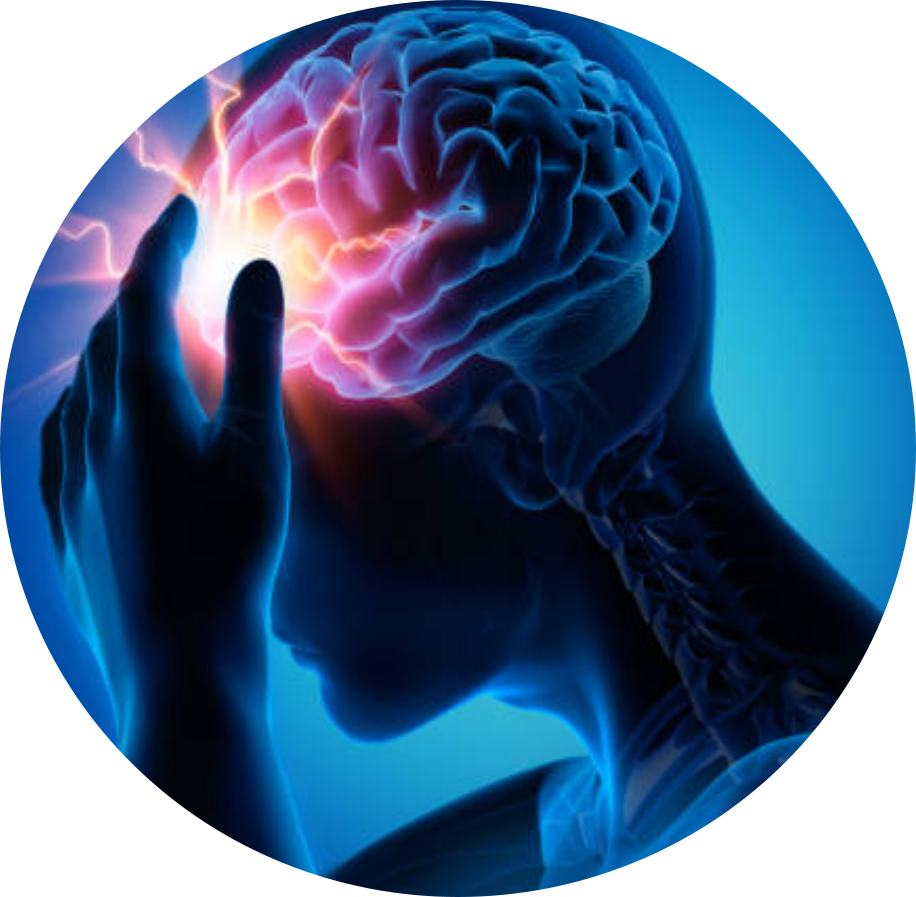| Name | Fluphenazine Decanoate |
| Classes |
Central Nervous System Agent Psychotherapeutic Agent Phenothiazine Antipsychotic |
| Diseases |
Mental Disorder Psychosis |
Fluphenazine Decanoate
Fluphenazine decanoate belongs to the class of antipsychotic medications, specifically a phenothiazine derivative. The exact mechanism of action is not fully understood, but fluphenazine, like other antipsychotics, is believed to exert its therapeutic effects by blocking dopamine receptors in the brain. This action helps to regulate neurotransmitter imbalances associated with psychotic disorders.
Fluphenazine decanoate is indicated for the management of manifestations of psychotic disorders, such as schizophrenia.
- Fluphenazine Decanoate Injection may be given IM or SC. A dry syringe and needle of at least 21 gauge should be used. Use of a wet needle or syringe may cause the solution to become cloudy.
- For most patients, a dose of 12.5 to 25 mg (0.5 to 1 mL) may be given to initiate therapy.
- Appropriate dosage of Fluphenazine Decanoate Injection should be individualized for each patient and responses carefully monitored
Adverse reactions associated with fluphenazine are listed below in decreasing order of frequency:
- Extrapyramidal Symptoms (e.g., tremors, rigidity, bradykinesia)
- Drowsiness
- Insomnia
- Dizziness
- Tardive Dyskinesia
- Neuroleptic Malignant Syndrome (rare but serious)
- Hypotension
- Anticholinergic Effects (e.g., dry mouth, blurred vision)
- Weight Gain
- Hyperprolactinemia
- Extrapyramidal Symptoms (EPS): Monitor for EPS, especially during the initial phase of treatment. Use caution in patients with a history of seizures.
- Tardive Dyskinesia: Consider the risk of tardive dyskinesia, particularly with long-term use. If symptoms appear, consider dose reduction or discontinuation.
- Neuroleptic Malignant Syndrome (NMS): NMS is a potentially fatal condition associated with antipsychotic use. Discontinue treatment if NMS occurs and provide supportive care.
- QT Prolongation: Use caution in patients with a history of QT prolongation or other conditions predisposing to arrhythmias.
- Hyperglycemia and Diabetes Mellitus: Monitor glucose levels in patients with pre-existing diabetes or risk factors for diabetes.
- Hypotension: Monitor blood pressure during the initial phase of treatment, especially in elderly patients.
Contraindication
- Fluphenazine Decanoate Injection is contraindicated in patients who have shown hypersensitivity to fluphenazine; cross sensitivity to phenothiazine derivatives may occur.
- Phenothiazine compounds should not be used in patients receiving large doses of hypnotics such as-
None known.
- Fluphenazine Decanoate Injection is contraindicated in comatose or severely depressed states.
- The presence of blood dyscrasia or liver damage precludes the use of fluphenazine decanoate.
- Fluphenazine Decanoate Injection is not intended for use in children under 12 years of age.
- Phenothiazines are contraindicated in patients with suspected or established subcortical brain damage.
 Bangla
Bangla English
English